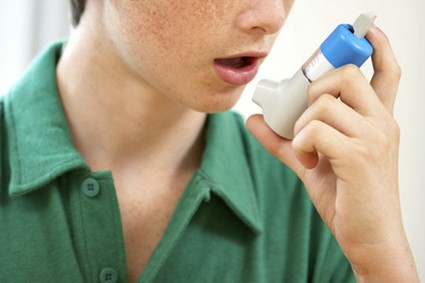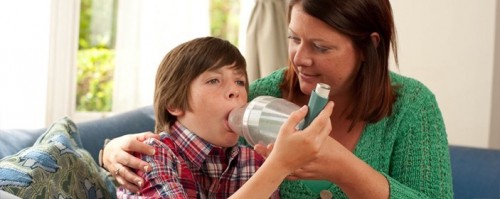Smoke-Free Laws Drop Children’s Asthma Attacks
To most of us dealing with kids and their asthma it really is more like a “no-brainer” but it is actually refreshing that someone has bothered to obtain real proof that it has worked: institution of smoke-free laws decreases the number of asthma attacks in children!
In January we read in the journal Pediatrics of a study done in London England. I’ve often wondered why we haven’t seen a lot more of these demographic studies from England because they have such a large socialized medicine program, but the authorities there did “run the numbers” after their laws against smoking in enclosed public places came into effect July 2007.
They found that the laws actually produced swift and dramatic falls in the number of children admitted to the hospital with an asthma attack.
There was a 12.3% drop in admissions, according to researchers at the Imperial College of London. In completeness, it’s fair to say that studies in the US also showed drops in hospitalizations but here data gathering is much more fragmented.
 You may not realize that asthma is not only the most common chronic illness of children in the US but world-wide as well. More than 300 MILLION people!
You may not realize that asthma is not only the most common chronic illness of children in the US but world-wide as well. More than 300 MILLION people!
In Britain, I’m told, one in every eleven children have diagnosed asthma. Wheezing, shortness of breath, coughing and chest tightness are all symptoms of the problem.
When these distressing symptoms worsen to the point that the child becomes in danger of going into respiratory collapse they are admitted to the hospital for not only emergency medical treatment with oxygen but for “environmental relief” (people stop smoking around them) as well.
Asthma sent 26,969 children into the hospital in the 12 months of 2006-2007 prior to enactment of the law. And, they say, this rate had been increasing steadily 2.2% a year for many years prior.
The law is attributed with immediately reversing that trend in boys and girls of all ages, in wealthy and poor neighborhoods and in both cities and rural areas.
This was equivalent to 6,802 fewer admissions in the first three years! At an average length of stay of 3-4 days and even figuring only $1,500 a day – you do the math. And that is even above and beyond the sheer physical and emotional distress in their countries children and families lives.
I should tell you that same law has already been credited with the same swift and significant drop in the number of heart attacks! In 2009 they reported that the British National Health Service had saved 8.4 million pounds (13.3 million US dollars) in the first year alone.
Most of us in the US have seen a shift in public attitude about exposing others to second-hand smoke after our laws were enacted as well. And it seems to me that more people are even voluntarily abstaining from smoking at home and in cars.
[Source: Pediatrics 2013.]

